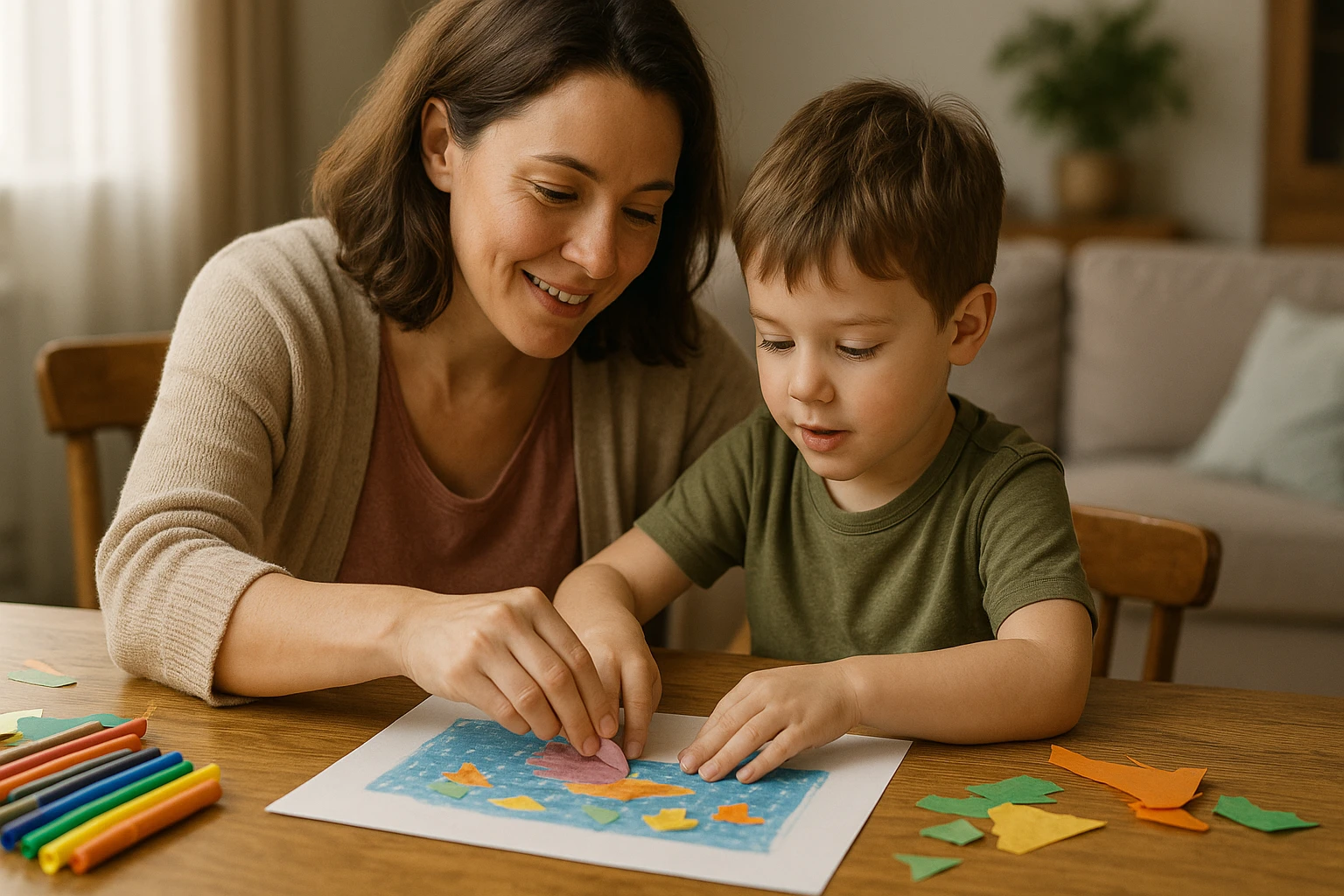It seems as though the entire world has been thrust into some form of a distance education, home-schooling or other learning@home structure in early 2020, as different countries around the world battle the spread of the new coronavirus. The rapid onset of this change has come as a shock to many parents, teachers and students alike, who haven’t had a great deal of time to manage the transition. That said, many are adapting admirably and finding this form of learning a useful addition to the traditional classroom experience.
Wherever you and your family sit on this spectrum of experience, there are some wonderful online learning systems and content repositories that can make the most of a home-based learning journey. Some that I’ve been using with my children lately are as follows:
1. Khan Academy
Many students would have been somewhat familiar with Khan Academy even before 2020. It has become a mainstay in tutoring situations, and as a useful revision tool for Mathematics and Science students in particular. The site is known for its handy combination of methodical, screencast-style tutorial videos and accompanying revision questions – all backed by a points-based gamification system that adds some basic incentive to the learning experience.
What many may not know is that Khan Academy has recently branched into other subject areas. While Maths and Science disciplines are still their strong suit, the site now has courses available in different branches of History, plus elements of English, Economics, Entrepreneurship and external test preparation. This makes the free, non-profit website a fairly comprehensive online learning environment by itself. While it’s even more powerful when driven by a teacher, the platform remains highly useful in instances where students are self-guiding their learning.
Visit Khan Academy at: https://www.khanacademy.org
2. TED-Ed
As with Khan Adademy, students might have encountered TED-Ed to some degree within a classroom experience. Their teacher may have shown them a few TED-style videos and engaged in a group discussion, but the site can be used to deliver a more complete set of learning outcomes when put to its full use.
TED-Ed combines stimulus videos with a “Think” section, that checks for comprehension and understanding of the key topics presented in the video, but a “Dig Deeper” section that challenges students to conduct extension research through additional reading and viewing materials, plus a “Discuss” area, where students may eave their final thoughts, or engage interactively with other interested parties. This format works well, in that it can be used in different ways to cater to different learners’ abilities and interest levels.
An example educational video, which has all of these additional options attached, is the site’s timely “Coronavirus explained, and how you can combat it.” Have a look at that video, then click on the tabs to the right to extend the learning experience. From there, you can venture into any number of content areas.
Visit TED-Ed at: https://ed.ted.com
3. edX
If you or your children are in their senior years of high school, or of university age, there is an invaluable online learning system that offers university-level short courses for free. What’s more, many of these courses have been designed by the world’s leading universities, including Harvard, MIT, UC Berkeley, the University of British Columbia, the Australian National University and the like.
edX aims to bring a university-level learning experience to the world. This couldn’t be more valuable than right now, with many university campuses off-limits and families struggling to pay fees.
Visit edX at: https://www.edx.org
4. PBS Learning Media
For younger learners, the range and quality of content on the PBS Learning Media website is almost unrivaled. This collection blends popular content from the PBS children’s library with accompanying learning resources, and mixes in a good range of documentary sources and interactive tasks to round out the educational experience.
For children of school age, but particularly for those in junior school or middle school, this is well worth your time to explore and to select an assortment of activities that relate to the current curriculum units.
Visit PBS Learning Media at: https://www.pbslearningmedia.org
Good luck! I hope that you find online learning as fun and engaging as my children have. These aren’t a replacement for a full classroom experience, but they are worthy substitutes during these times, to help keep your children up to date and actively engaged with their educational pathways.

